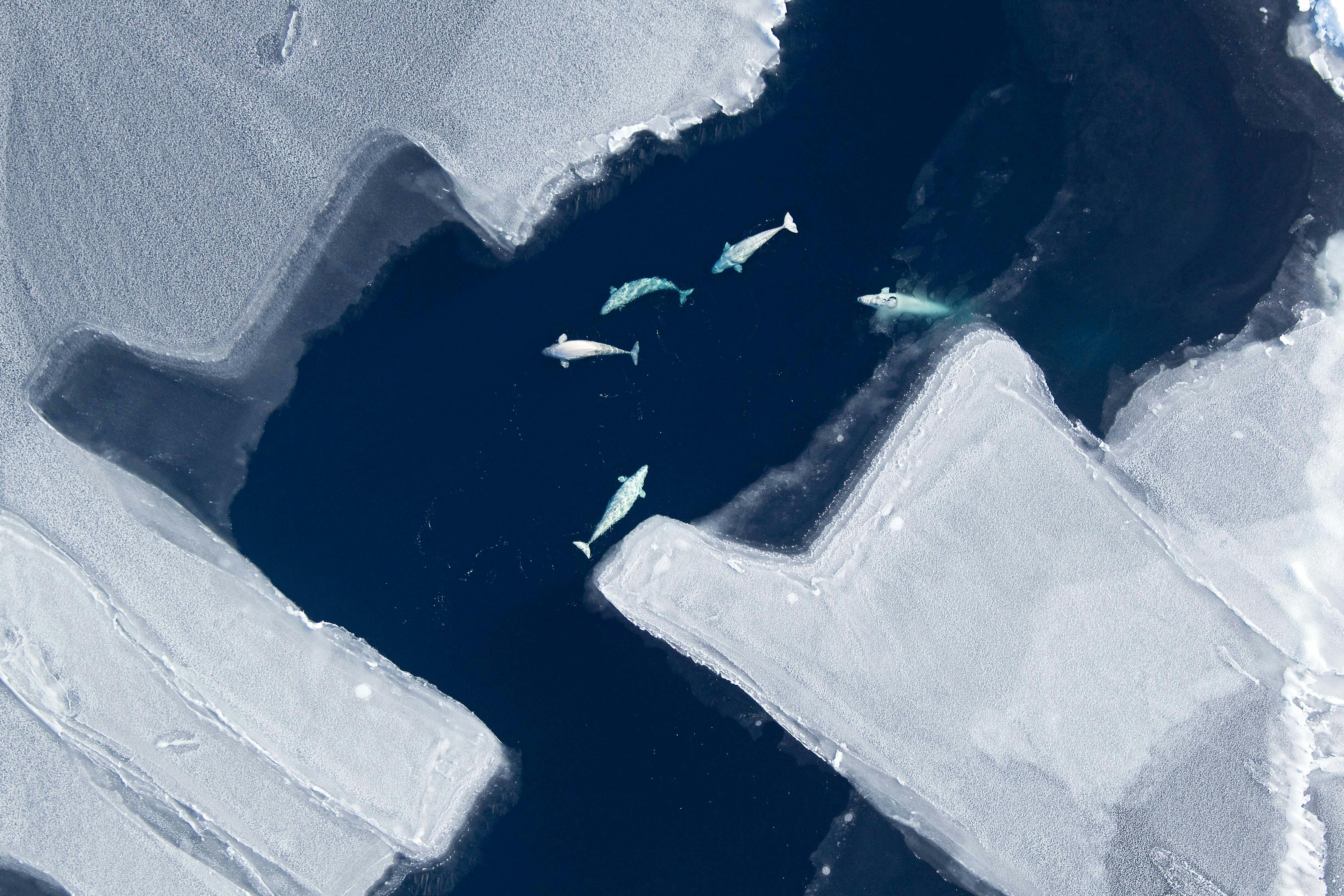Miami Waterkeeper and its partners are calling for a stop to current dredging plans until stringent and actionable environmental protection measures are in place. The Corps has failed to provide reasonable assurance that they can implement proposed reef protections, nor have they sufficiently incorporated lessons learned from the PortMiami dredging disaster. We are seeing the same mistakes happening again.
After analyzing the latest environmental plans, we have identified crucial errors and gaps that could prove devastating if left unaddressed:
Misleading environmental assumptions
The Corps has not committed to a dredge methodology, a crucial step for the National Oceanic and Atmospheric Administration (NOAA) to determine the extent of project impacts under the Endangered Species Act. Damaging “overflow” is also currently permitted — a dredging output that releases sedimentation into the surrounding environment — yet current assumptions don’t account for its effects. If overflow is allowed, sedimentation effects will likely be over twice the levels the Corps currently estimates, which could prove deadly to this vulnerable ecosystem.
Recommendation: Require low-impact dredging equipment and prohibit overflow. Without specifying the type of equipment at the planning stage, it’s impossible to assess the true scope of potential harm to the reef ecosystem.
Adaptive management plans defer responsibility and lack enforcement
The Corps wants to defer essential decisions including equipment and mitigation practices to the contracting phase — after the project has been approved. This deferral prevents meaningful environmental review and removes the decisions from public scrutiny. So-called “adaptive management” promises to “detect” adverse impacts down the line and react accordingly. This approach already failed to protect the reef during the PortMiami project.
Recommendation: Delay the start of dredging until the Corps finalizes metrics for robust, science-based Monitoring and Adaptive Management plans that effectively limit harm to species and habitat, and which identify and evaluate up front the actions that the Corps will take when adverse impacts are detected.
Coral loss mitigation plans are infeasible
This project is likely to result in the loss of millions of coral colonies, meaning it would be the largest destruction of a coral reef permitted in U.S. history. Large-scale infrastructure, such as nurseries, transplantation facilities, and long-term restoration monitoring, would need to be constructed to attempt any meaningful mitigation.
Recommendation: The Corps must demonstrate a mitigation plan of this magnitude is possible prior to the impacts. Furthermore, we need a huge investment in new, cutting-edge facilities that enable coral restoration at this scale. Such an investment could position South Florida as a global leader in coral reef research and rescue. While promising, these technologies are not yet proven. The impacts on PortMiami have never been mitigated and should be fixed before a Port Everglades dredge commences.
Zero plans to protect Queen Conch
Listed as threatened under the Endangered Species Act, the queen conch is of special concern to this dredging project. One of the last breeding populations in the U.S. has been found directly adjacent to the mouth of the channel. They are extremely sensitive to sedimentation and unlikely to be successfully relocated. Current plans have no proposed mitigation strategy for the queen conch.
Recommendation: Develop mitigation plans to protect this species that is ecologically and culturally valuable.



















